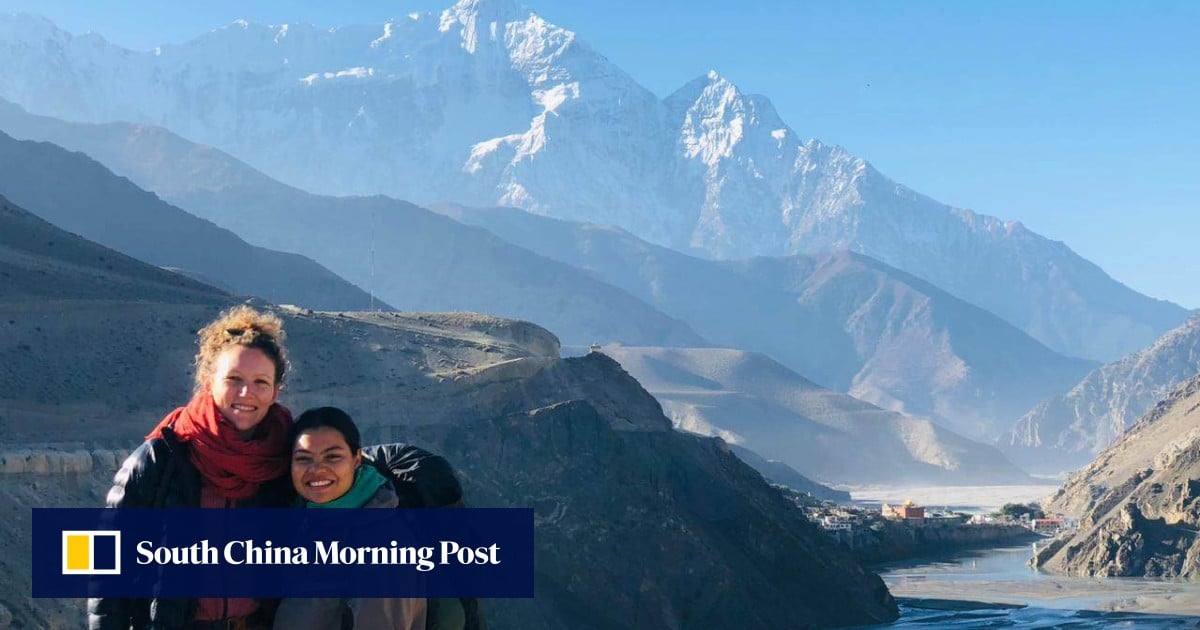This is a blessing for people such as Veronika Jacenkova, 41, from the Czech Republic, who, like Annic, sought out women-led trekking companies when she visited Nepal.
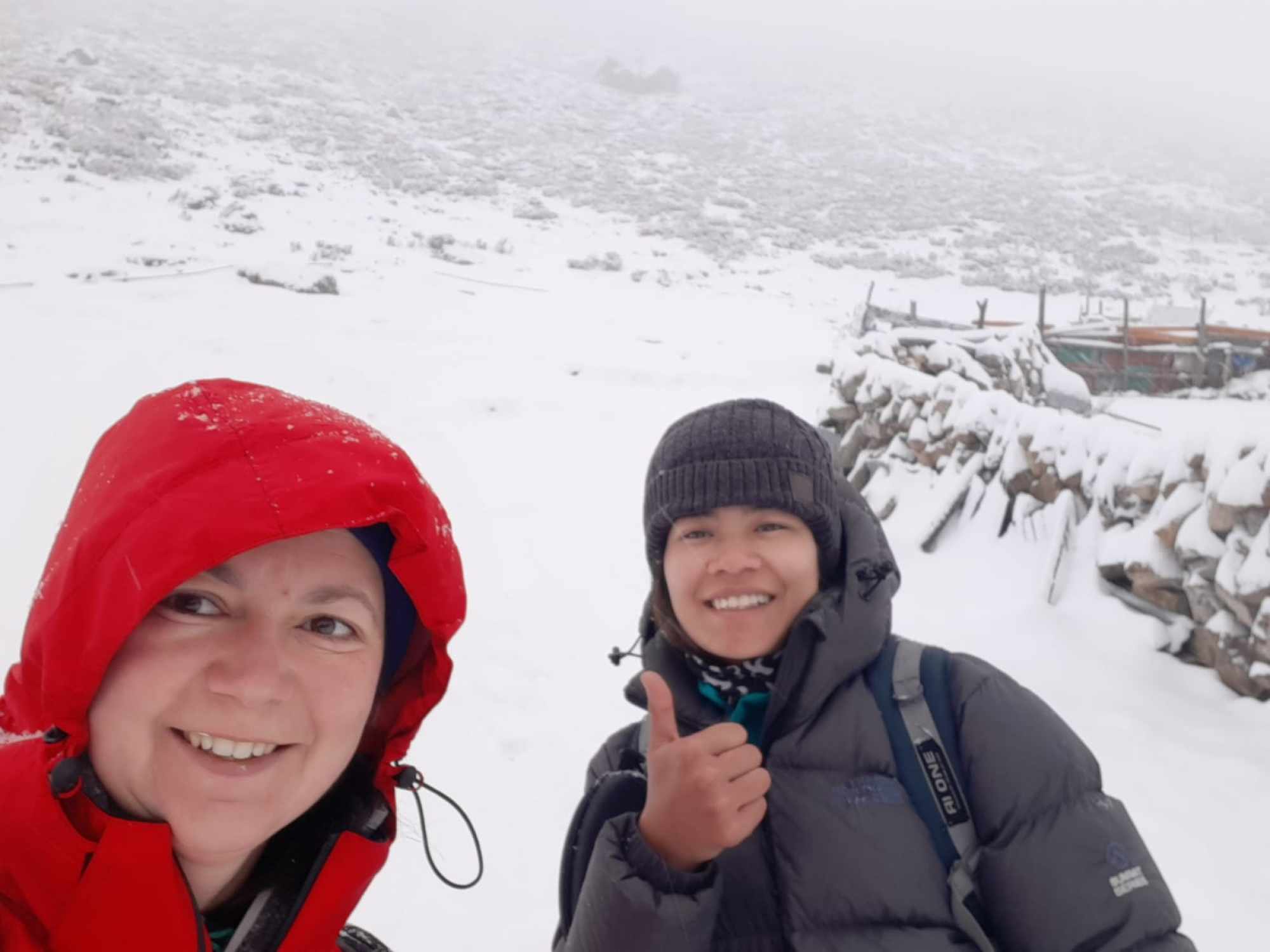
“It’s more comfortable to travel with a woman because of safety factors,” says Jacenkova. “I didn’t think a trip alone [through the Langtang National Park] was safe.”
Duluwa Outdoors is an all-women tour company and community project that aims to combat gender bias and bridge the pay gap.
Nepal’s road-free alternative to the Annapurna Circuit, the Nar-Phu trail
Nepal’s road-free alternative to the Annapurna Circuit, the Nar-Phu trail
“While we are on trails, we see women in tea houses, working in the kitchen or the reception counter, but not leading those trails,” says co-founder Menuka Gurung.
“We want youth, especially women, to see the outdoors as a reliable, well-paying career, and encourage Nepali women to travel.”
Duluwa’s programme lead, Shanti Rai, says: “Women are perceived as physically weak and outdoor activities [are seen] are exclusive to men.”
I wanted to trek with a female guide to encourage the empowerment of Nepali women, who deserve to live the same experiences as male guides
United by their love of travel, Gurung and Rai joined forces with Binita Jirel, Rejina Tamang and Juliana Shrestha, women belonging to indigenous communities in Nepal, to launch Duluwa Talks as a podcast in 2019.
Duluwa fostered a supportive and collaborative environment for women who shared an interest in travel and the great outdoors, including entrepreneurs.
After a year, the group began to plan outdoor events and experiences for women, and Duluwa Outdoors was registered as a company in 2021.

The founders wanted to empower women as leaders while creating bespoke experiences for visitors interested in trekking, camping, climbing and kayaking in the Himalayas, “opportunities we wish we had when we were younger,” says Rai.
Short itineraries designed by Duluwa last for a few hours, and are open to all, whereas those that extend overnight or for longer are exclusively for women, says Gurung. The company also devises bespoke tours and treks for clients.
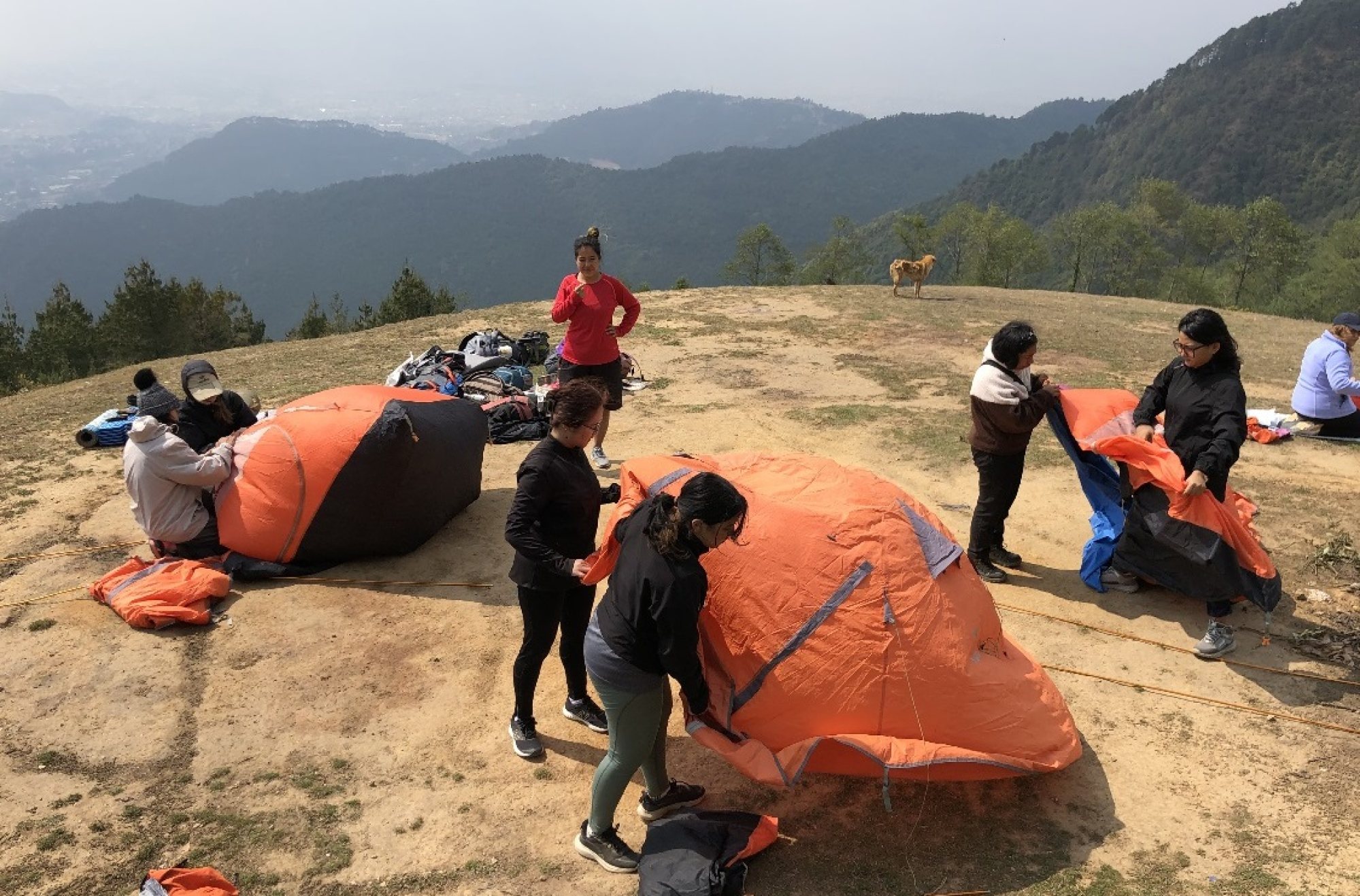
“I wanted to trek with a female guide to encourage the empowerment of Nepali women, who deserve to live the same experiences as male guides,” says Annic.
“Hiring female guides also promotes opportunities for Nepali women, creating financial independence and respect from men in the society.”
Jacenkova, who has trekked in New Zealand and across Europe, says that with a female guide, it’s possible to share issues that only women face: “I have no problem to say I have menstruation, but it’s more comfortable if the guide knows what you are going through.”
Five places in Asia so off grid the office calls and emails can’t reach you
Five places in Asia so off grid the office calls and emails can’t reach you
Annic says that most of the other hikers she and her brother encountered “were glad to see that a young woman could be hired to be a trek guide in Upper Mustang”.
It’s not uncommon for tourists to express surprise when they come across female-led treks, says Rai.
“Not because they doubt the capabilities of women guides, but because they might not have encountered such a set-up before,” she says.
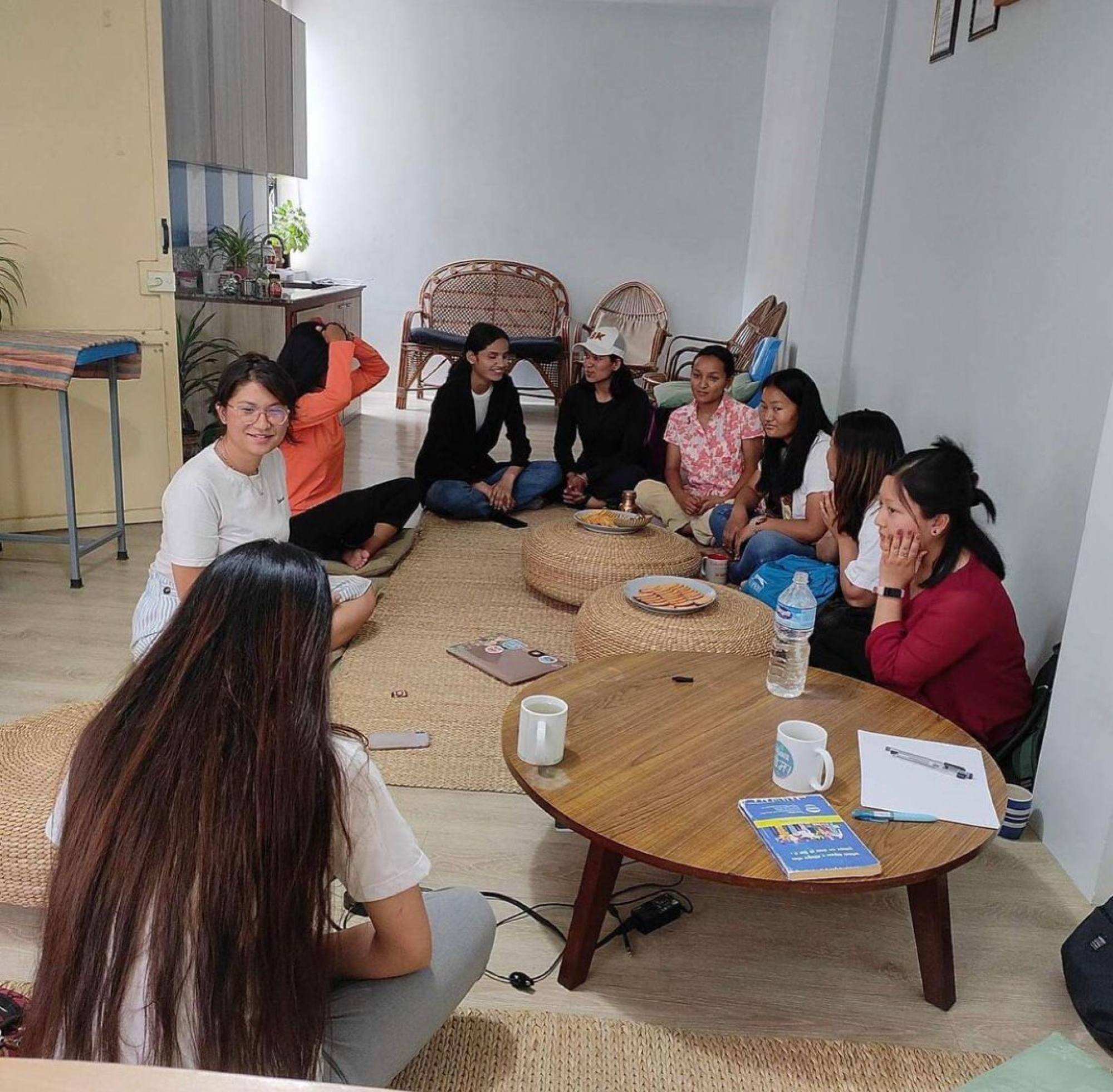
In Nepal, it’s common to see groups of men sitting and sipping tea, discussing their work. But that is “a culture that doesn’t exist for women”, says Gurung.
Attempting to change that, Duluwa “organises meet-ups where guides can engage in conversations about their unique perspectives, hurdles and successes in their professions”, says Rai. “These sessions are a space for mutual support and growth.”
Many trekking companies that profess to empower women do little to support their female guides, says Santoshi Magar, the freelance guide who led the Annic siblings’ trek.
“They don’t do enough and offer low pay,” she says, claiming she was offered work for as little as US$12 a day when the daily guide rates are much higher.
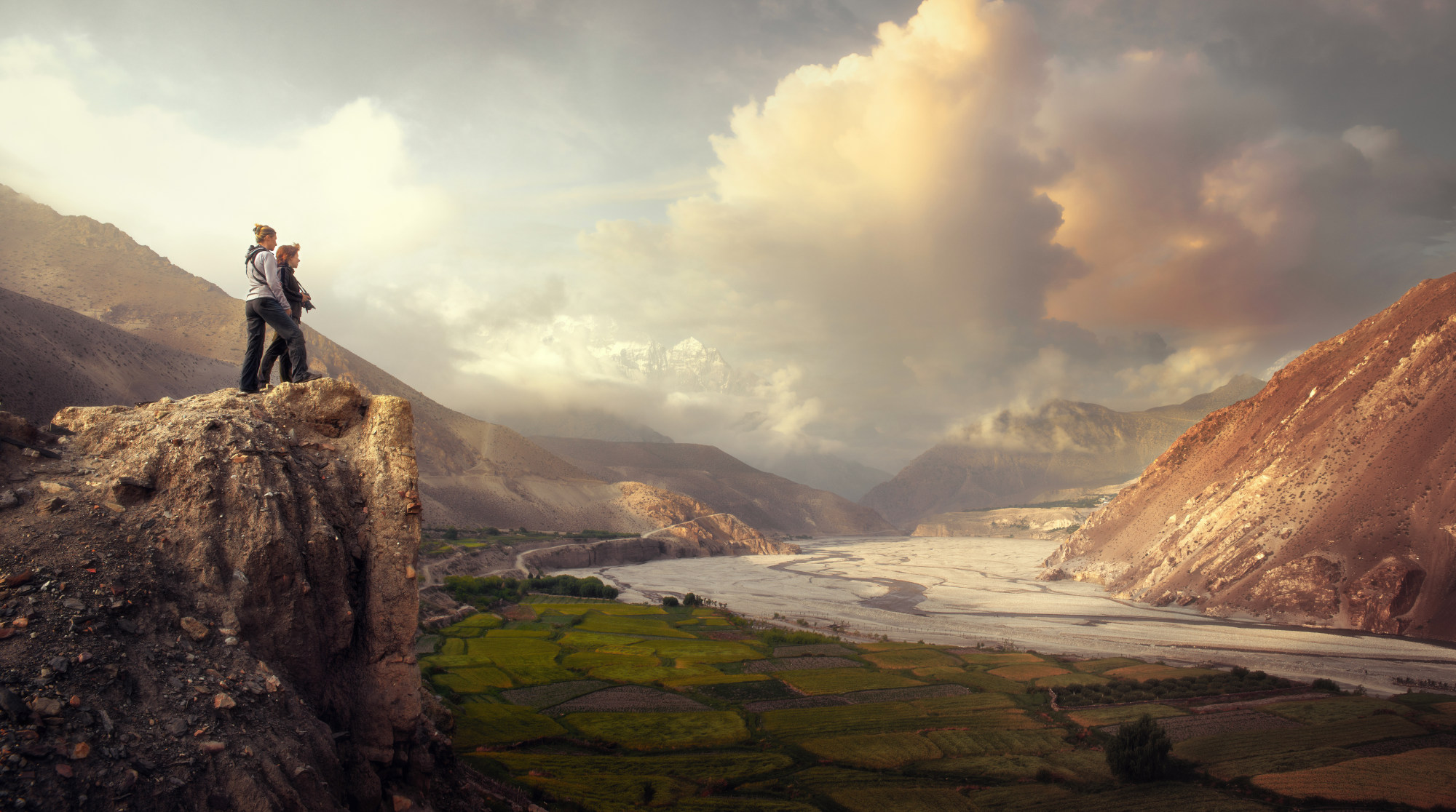
Magar, who began trekking in 2019, says: “I shared my experience for the first time with Duluwa. I was comfortable in their company.”
Cultural immersion is another aspect of Duluwa’s business model.
“Exposure to Nepal’s diverse traditions, customs and local communities deepens trekkers’ understanding of cultural diversity,” says Gurung. “They develop a heightened awareness and appreciation for different ways of life.”
8 hikes to get your heart pounding, from Nepal to New Zealand
8 hikes to get your heart pounding, from Nepal to New Zealand
If the trek through Langtang was “a real vacation” for Jacenkova, who felt she’d “never been so taken care of”, Annic called her trek in Upper Mustang “a reset experience, and an anchor to remember what really matters”.
What really matters to Duluwa Outdoors is that women are given the same opportunities as men, the company no doubt buoyed by new research from the World Travel & Tourism Council and the Sustainable Tourism Global Centre that shows the number of women directly employed in the global travel and tourism sector rose from 38.6 million in 2010 million to 47.8 million in 2019.

